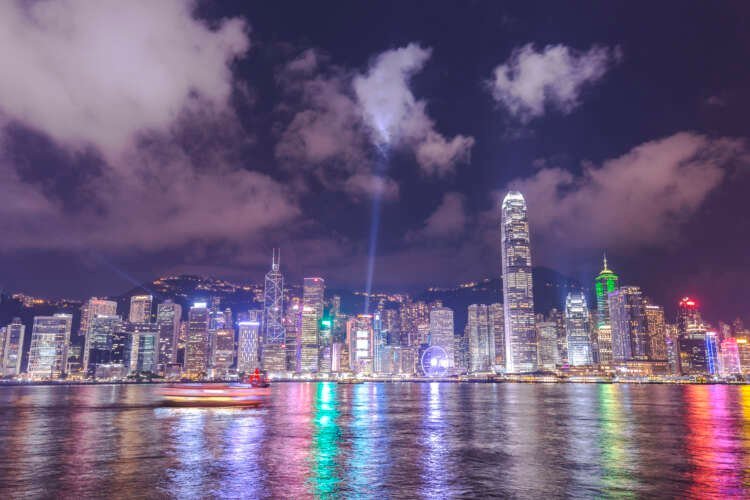Top Stories
Is China winning the clean energy race? The rise of the climate superpowers
Published by maria gbaf
Posted on June 22, 2021
1 min readLast updated: January 21, 2026

Published by maria gbaf
Posted on June 22, 2021
1 min readLast updated: January 21, 2026

Explore more articles in the Top Stories category











